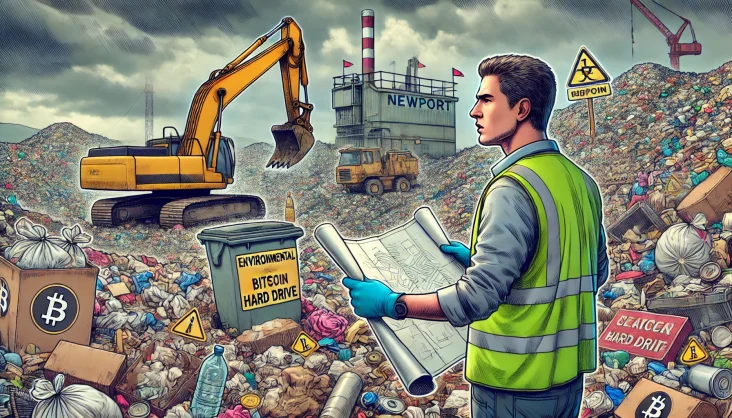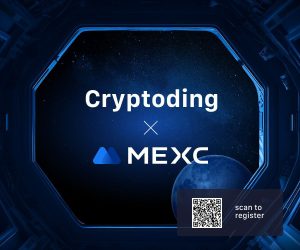James Howells, a British IT professional who inadvertently discarded a hard drive containing 8,000 Bitcoin in 2013, has faced another legal setback in his quest to retrieve the lost cryptocurrency. The UK Court of Appeal recently denied Howells’ application to excavate a landfill in Newport, Wales, where he believes the hard drive resides. The court concluded that there was no “real prospect of success” for his case and found no other compelling reason to grant the appeal.
This decision upholds a previous ruling from January 9, 2025, by High Court Judge Andrew Keyser, who similarly determined that Howells’ claim lacked a realistic chance of success at a full trial. Despite these setbacks, Howells remains undeterred and plans to escalate his case to the European Court of Human Rights (ECHR). He intends to argue that the refusals by the UK courts violate his rights to property and a fair trial under Article 1 of Protocol 1 and Article 6 of the European Convention on Human Rights.
The Newport City Council has consistently denied Howells permission to search the Docksway landfill, citing environmental concerns and the potential costs associated with the excavation. The council maintains that the hard drive, once deposited in the landfill, became their property, and that any excavation could pose significant environmental risks.
As of March 2025, the 8,000 Bitcoin are valued at approximately $660 million. The landfill site is scheduled to close during the UK’s 2025-2026 financial year, adding urgency to Howells’ efforts. He has expressed frustration with the legal system but remains resolute in his pursuit, stating that he will not let the issue be “swept under the carpet.”
Howells’ case underscores the challenges associated with the self-custody of digital assets and the potential consequences of mishandling private keys. His ongoing legal battle highlights the complexities at the intersection of cryptocurrency ownership, environmental regulations, and property rights.






